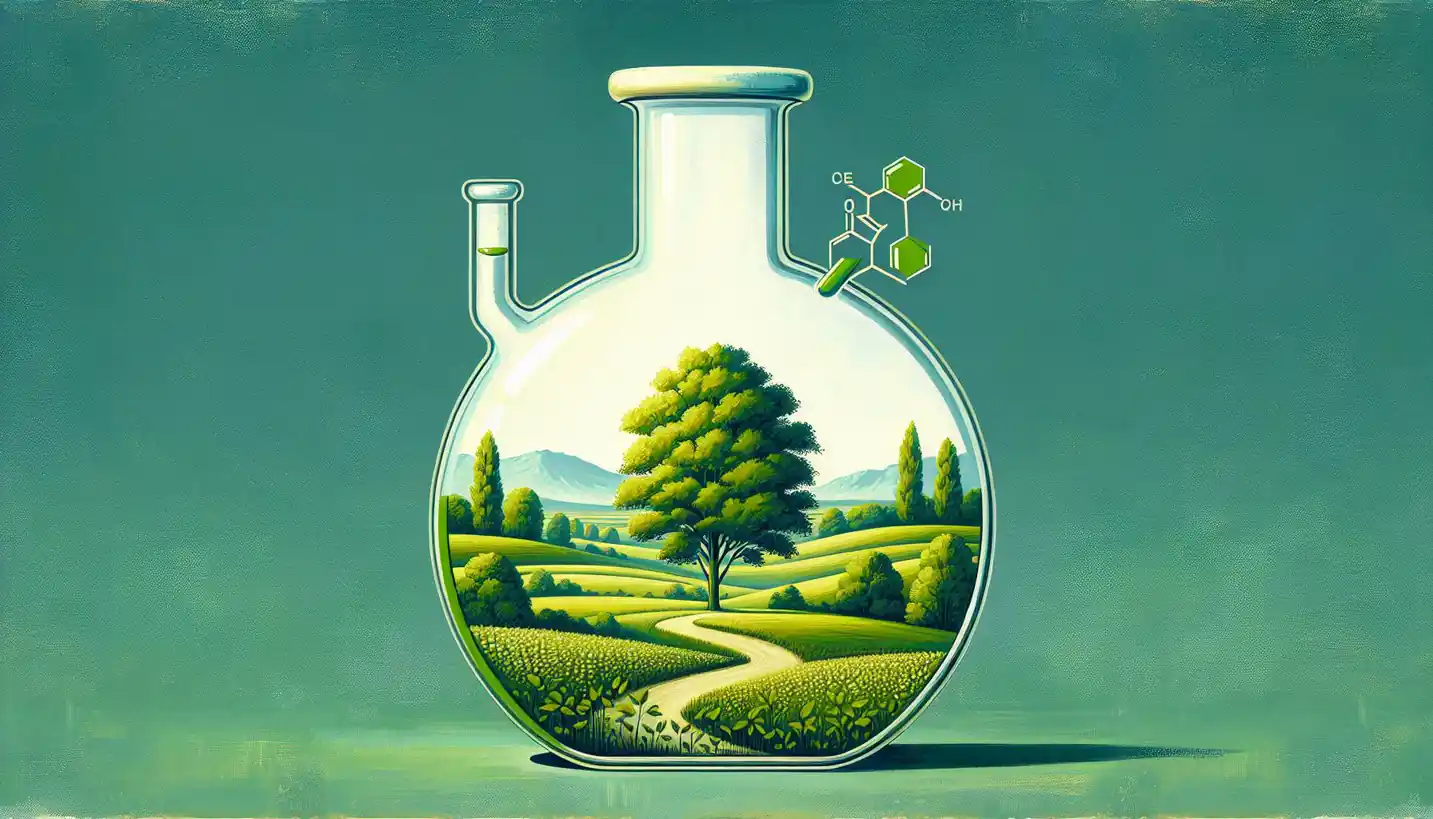· Chemistry · 4 min read
Viscosity: A Sticky Exploration into Chemical Engineering and Chemistry
Viscosity plays an essential role in both chemistry and engineering, influencing flow and material properties. Dive into how this intriguing property impacts everything from manufacturing to everyday products.

So, what’s the deal with viscosity? It’s something we hear about with motor oil or maybe when comparing different kinds of syrup. But viscosity is actually a fascinating subject that plays a vital role in both chemical engineering and chemistry.
What is Viscosity?
Imagine trying to pour honey out of a jar. It takes its sweet time compared to, say, water or milk. That resistance to flow is what we call viscosity. In simple terms, viscosity measures how a fluid resists movement. You could think of it as the “thickness” or “stickiness” of a fluid.
In the world of science, viscosity isn’t just about syrup on pancakes. It affects how liquids move through pipelines, how they’re mixed, and even how they spread on surfaces. It’s crucial in designing industrial processes and products, from pharmaceuticals to food to fuels.
The Science Behind Viscosity
Now, let’s break it down. Fluids like water are made of molecules that slide past one another easily, which is why water flows so freely. Honey, on the other hand, has larger molecules that interact more, making it flow slowly. The more these molecules interact, the higher the viscosity.
Temperature is also a big player here. Heat generally reduces viscosity, making fluids flow more easily. That’s why syrup pours out easier when warmed up. It’s all thanks to an increase in energy that lets molecules move more freely.
Measuring Viscosity
People often wonder how to measure viscosity. Scientists use specialized tools called viscometers to measure a fluid’s resistance to flow. These devices come in different types—some might use a spinning disk in the fluid, while others might measure how quickly the liquid moves through a narrow tube.
These measurements are vital in many industries. For example, in the oil industry, it’s important to know the viscosity of oil because it tells engineers how it will behave under different conditions. This is key to ensuring proper flow through pipelines.
Viscosity in Chemical Engineering
In chemical engineering, viscosity influences how materials are processed and mixed. Imagine making a product like shampoo. Engineers need to carefully balance the viscosity to ensure it’s not too thick to squeeze out of the bottle but not too runny to dispense in a controlled manner.
Think about the transport of chemicals in large processes. Viscosity affects pumping power and energy consumption. Engineers need to optimize these parameters to ensure efficient operation, saving both time and money.
Everyday Examples of Viscosity
Viscosity isn’t just a laboratory term; you encounter it in everyday life. Consider the smooth application of paint. Its viscosity must be just right—too thick, and it doesn’t spread evenly; too thin, and it runs off the walls.
In cooking, the viscosity of sauces and syrups affects not only their pourability but also their taste and texture. For instance, thickening a sauce might enhance its flavor, making it linger on the taste buds longer.
The Impact on the Environment
An intriguing area of research involves how changes in viscosity impact the environment. For example, in the case of oil spills, understanding the viscosity of the oil helps predict how it spreads in the ocean. This knowledge is vital for cleaning up and limiting environmental damage.
Similarly, in developing biofuels, researchers aim to produce fuels with viscosity levels suitable for current engines, ensuring that they’re both efficient and environmentally friendly.
New Frontiers in Viscosity Research
There’s always more to learn! Scientists are diving into nano-level research, where viscosity behaves in unexpected ways. This could lead to breakthroughs in developing new materials, like those that can change their viscosity on demand for unique applications.
Imagine a future where roads could self-heal by using materials with dynamic viscosity or where machinery automatically adjusts the viscosity of lubricants to optimize performance.
Everyday Queries About Viscosity
If you’re curious about viscosity, you might wonder about questions like “How does temperature affect oil viscosity?” or “Why is honey more viscous than water?” These questions go back to those molecular interactions we talked about earlier, plus the effects of temperature.
For example, motor oil’s viscosity is crucial in climate conditions. In colder weather, oil needs to be less viscous to circulate efficiently in an engine. That’s why you see different grades of oil for winter and summer use.
Conclusion
Viscosity might seem like a sticky subject at first, but it’s a major player in both chemistry and chemical engineering. From everyday products like honey and shampoo to complex industrial processes and environmental concerns, understanding viscosity helps us create more efficient, effective, and sustainable solutions.
So, the next time you pour syrup on your pancakes or watch oil gush out of a bottle, take a moment to appreciate the science behind viscosity. It’s not just about thickness or stickiness—it’s about how we manipulate and optimize the flow of the world around us.


